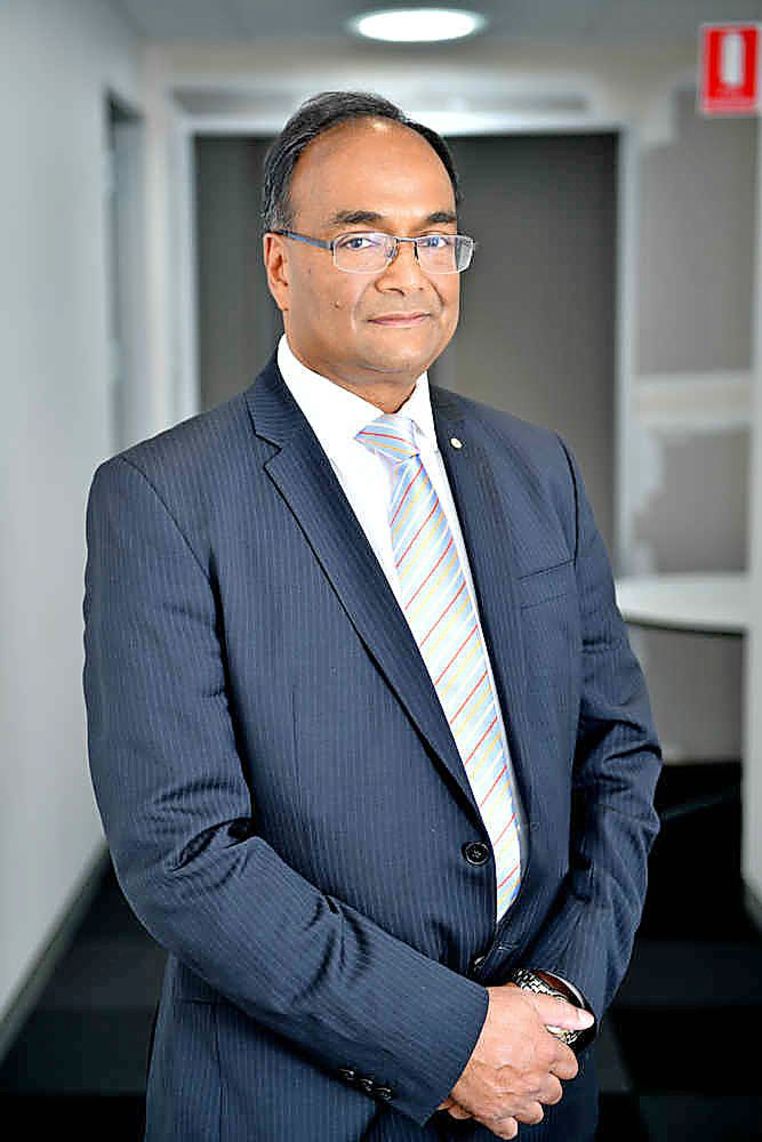Ground-breaking research launched in Melbourne on Tuesday shows two in five Victorians hospitalised for family violence has sustained a brain injury.
The Australian-first research, led by Brain Injury Australia (BIA), found that 40 per cent of the 16,000 victims of family violence attending Victorian hospitals over a decade had sustained a brain injury.
Altona North GP Mukesh Haikerwal, who is on the BIA board and who acquired brain injury after being robbed in Williamstown in 2008, said brain injuries often went undetected.
“This is not a rare thing because people with brain injury often look OK,” he said.
“Not only is the victim likely to have a brain injury, quite often the perpetrator can have a brain injury that also went undetected, either from sport or falling off a bike or having a knock at work, and it basically not being noticed.
“Only this last month, I had someone who had suffered quite a significant knock and he looked fine – there was no injury on his skin, there was no broken bones on his X-rays – but he’d had quite a jolt to the head and he couldn’t understand why he was so tired all the time, why he would be sleepy all the time, especially in the afternoon, and not have the ‘get up and go’ that he used to have.
“The answer was that he had a smouldering brain injury that needed more time to recover.”
A report into the research, which was one of the recommendations of the Victorian Royal Commission into Family Violence, was completed in partnership with Domestic Violence Victoria, Monash University, No to Violence and the Centre for Excellence in Child and Family Welfare.
It found that nearly one in three victims of family violence were children and one in four of them had sustained a brain injury, plus a strong association between brain injury and perpetration of family violence due to impacts on the brain’s ability to control emotions and regulate behaviour.
BIA executive officer Nick Rushworth said data obtained from hospitalisation was “bound to be the tip of a very large iceberg”.
“Most women don’t seek medical attention,” he said. “While around 1800 victims of family violence go to Victorian hospitals each year, there are 26,000 cases referred to specialist family violence services and 37,000 intervention orders sought in the courts,” he said.
BIA is calling for the establishment of an integrated brain injury and family violence service to support diagnosis, rehabilitation and harm reduction.
People experiencing sexual assault and family violence can call the 24-hour hotline. 1800RESPECT (1800737732).








